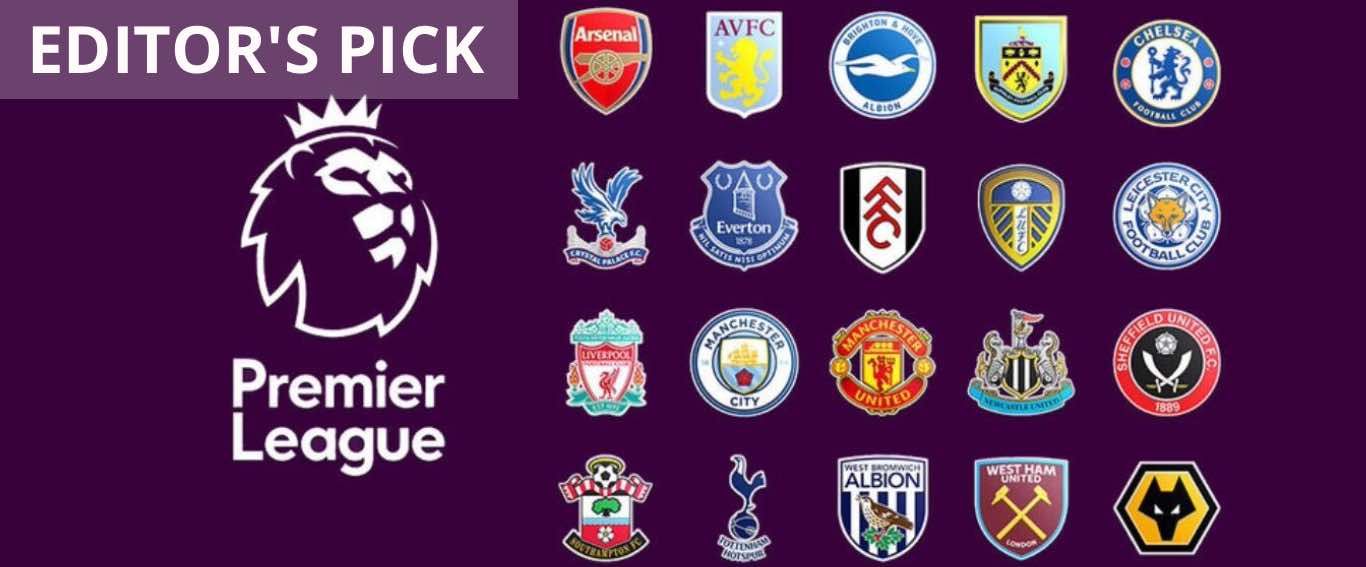Premier League clubs often spend heavily during the mid-season transfer window, but it could be a quiet affair this term due to the pandemic.
The start of the new year is exciting and busy for Premier League (PL) clubs as they have a lot of games during the festive period. Along with games, an important mid-season transfer window opens for clubs to bolster their squad to achieve the sporting targets during the second half of the season.
Having said that, pulling off good deals during January is a much more difficult task. The selling clubs do not want to lose key players midway through the season unless an exorbitant fee is mentioned. It could be called an opportunistic window for clubs. Premier League clubs have been the biggest spenders in the past decade due to equal distribution of money from broadcast deals across the league and all clubs have gained more financial clout over the years. It is unlikely to be the same this year due to the pandemic.

Premier League clubs have been traditionally big spenders in Europe during January. As the broadcast revenue is well distributed, clubs in relegation battles often look for multiple signings in a bid to avoid dropping in the championship. (Stats courtesy: Deloitte)
No fans in stadiums have created a financial hole for clubs
The coronavirus pandemic has shown no signs of slowing down in the United Kingdom. Some PL clubs that were situated in Tier 2 cities were allowed to welcome 2000 fans in the stadium at the start of December. However, the new strain of coronavirus has almost led to a national lockdown, so games are again played behind closed doors.
Fans add an edge to games, but most importantly they add value to the clubs through matchday revenue. PL clubs have been playing games behind closed doors for more than six months, so the lack of matchday revenue has led to losses for clubs. Tottenham Hotspurs had to take a loan of £175 million from the Bank of England to offset losses during the pandemic, while the likes of Manchester United and Everton also showed losses during the quarterly financial statements.
These are big clubs where matchday revenue is not a big chunk of the overall revenue, but they still posted losses. In such a scenario, spending big money on players looks unlikely. Moreover, bigger clubs focus on getting players that fit their long-term vision, so they would like to save money for summer deals rather than make panic buys in January.
Loan deals and free agents likely to be in more demand
There is a strong case for clubs not spending big during January, but they could be active by creatively structuring deals. Loan plus obligation to buy could be the way to go for many clubs as they look to add more quality to the squad. The clubs in Italy often execute these types of deals in summer and winter to show a much more balanced book rather than paying the whole chunk of transfer fee straightaway.
Along with loan deals, players that are set to become free agents in summer could be in demand during January. In the current situation, no club would like to lose a player for nothing in summer, so it would be much better to get some sort of fee (cut-price deal) in January. Bigger clubs also have the opportunity to negotiate contracts with players that will be available for nothing in summer. David Alaba, Memphis Depay, and Lionel Messi are the biggest players on this list that are entering the final six months of their contracts at current clubs.
The Broadcast money is coming in for clubs as PL is going ahead with games every weekend, but that stream of revenue is likely to be used to offset losses caused due to lack of fans. Considering the current situation, it will not be a big surprise that the total spending from clubs in January is less than £100 million, a mark that has not been touched for a long time.

